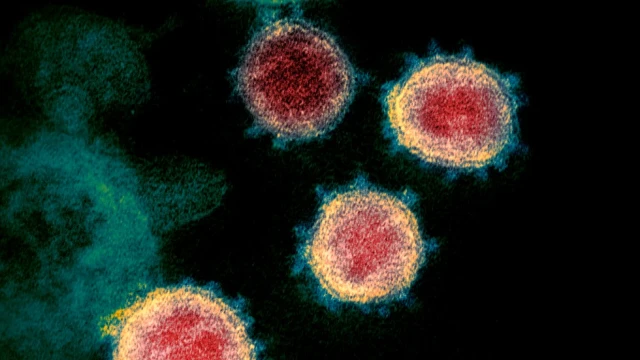The latest omicron subvariant to dominate the US
04 January, 2023

Imagine being invited to the Masters Tournament out of the blue. Well, Scott Stallings of Georgia, who is not the professional top-ranked player of the same name, found out this week when he was invited out to play this April.
Welcome to Monday’s Health Care roundup, where we’re following the chaos among House Republicans trying to vote for Speaker. But in health-specific news, we’re also watching the rise of a new COVID variant.
Variant XBB.1.5 now 40 percent of US cases: CDC
Much of the U.S. is in the middle of a winter surge of COVID-19 infections, as cases are poised to eclipse the summer peak, driven by new variants, waning immunity and holiday gatherings. Last week, the nation surpassed 100 million total cases since the start of the pandemic, according to data from the Centers for Disease Control and Prevention (CDC), though the actual totals are likely much higher because of people who never tested or those who tested positive at home and never reported the result.
The omicron subvariant XBB.1.5 has rapidly spread to become the dominant COVID-19 mutation in the U.S. and is likely one of the reasons for the increase in cases. It accounts for at least 40 percent of new cases in the U.S. and about 75 percent of cases in the Northeast.
It has pushed out the BQ.1 and the BQ.1.1 subvariants from their previous positions as the most detected coronavirus mutations, according to surveillance conducted by the CDC.
- The XBB subvariant, from which XBB.1.5 descends, is a recombinant of two subvariants that descended from the BA.2 omicron subvariant. That means it carries genetic data from two versions of the coronavirus that originated from the BA.2 subvariant.
- It comes as more than a third of Americans 65 and older — those at most risk for severe outcomes — have gotten the updated booster shot.
- The omicron subvariants XBB and XBB.1 were first identified in India. Some scientists, including Scripps Research Institute professor of molecular medicine Eric Topol, have put forward the possibility that XBB.1.5 could have mutated in New York.
While data on XBB.1.5 is currently limited, researchers believe it might be more able to evade our immunity than other omicron offshoots, even among those who had received the bivalent booster dose.
Source: thehill.com
